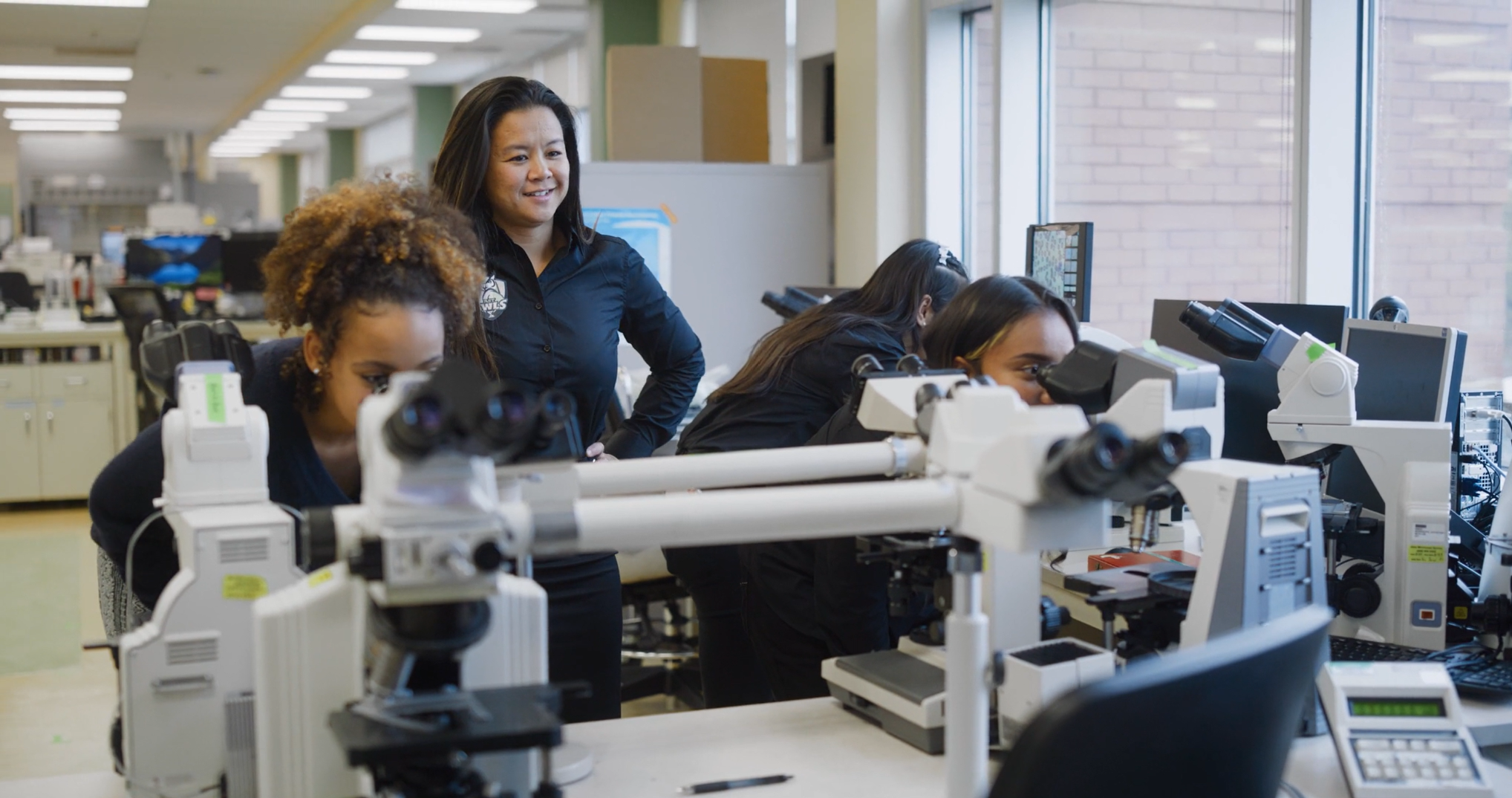With the future of work more uncertain than ever, researchers have been working to identify skills that will remain in demand across professional fields and industries. A 2021 McKinsey Institute study of 18,000 people across 15 countries found that 75% of the skills employers will seek in the future workforce fall into three categories: cognitive, interpersonal, and self-leadership skills.
A 2024 update to the study evaluated occupations with competitive salaries that are least likely to be taken over by automation. Apart from physical presence, the two most “future-proof” skill sets among these occupations were socioemotional understanding and comfort with ambiguity. The study also reports that senior executives across industries note a shortage of cognitive flexibility and critical thinking skills required for dealing with rapid change, such as that caused by AI technologies. Importantly, it also found that workplaces where employees reported high levels of well-being were also those that outperformed competitors in their fields. The sum of these findings underscores how the human-centered skills named in the early reports will remain in demand for years to come.
Furthermore, Google launched its Project Oxygen in 2009 to determine the skills that make great managers. Since its first iteration, related studies have consistently found that the most important skills involve communication, collaboration, self-management, and encouragement. As of a 2024 follow-up on the project, only one of the top eight skills named by Project Oxygen is technical, while the other seven are inter- and intrapersonal skills.

Studies of employment trends show that this still holds true today. Top companies agree: the skills tomorrow’s graduates need for professional success are predominantly those built through human-centered skill development. When asked to name the skills needed most in their employees, senior executives from companies like Google, Microsoft, and Southwest Airlines all named interpersonal skills outside the scope of pure academic or technical training.
Google’s Global Head of Education Impact, Jennie Magiera, gave her reasoning behind the purpose of the following skills in the professional workplace:
- Self-awareness and self-management: At many companies, employees are often expected to lead projects independently and manage their own time effectively. This requires the ability to step outside of just your own world and think about how you relate to the bigger picture. This is extremely important at Google where most employees have high autonomy to achieve their goals.
- Social awareness and relationship skills: No one at Google builds a product alone. Our teams are often distributed globally, requiring Googlers to communicate clearly, respect diverse perspectives, and build strong relationships. Imagine a team designing a new feature for Google Maps—they need to understand user needs from around the world and work together effectively to create a product that benefits everyone.
- Responsible decision making: No matter where you work, it’s likely your job has some impact on other people, whether big or small. How you go about that matters and being able to work with empathy in service to those you build for helps you positively impact people’s lives far beyond our own personal bubbles. For example, at Google, our AI researchers must constantly evaluate the responsible use of artificial intelligence and ensure it aligns with our values of fairness and inclusivity.
—Jennie Magiera, Global Head of Education Impact, Google
Harvard Business Review has reiterated this exact point. They maintain that technical skills are only one small piece of the puzzle when hiring tech talent—and not even the most important one. Though sometimes necessary, technical skills rank lower in importance than skills like collaboration, stress management, and self-efficacy. These latter skills enable employees to succeed at the tasks assigned to them while also contributing to a positive and productive work environment.
To read more about the shifting professional landscape, responses in K-12 education, and Wayfinder’s role in equipping students with future-ready skills, download our white paper Portrait of a Future-Ready Graduate: Why Human Skills Matter More Than Ever.






